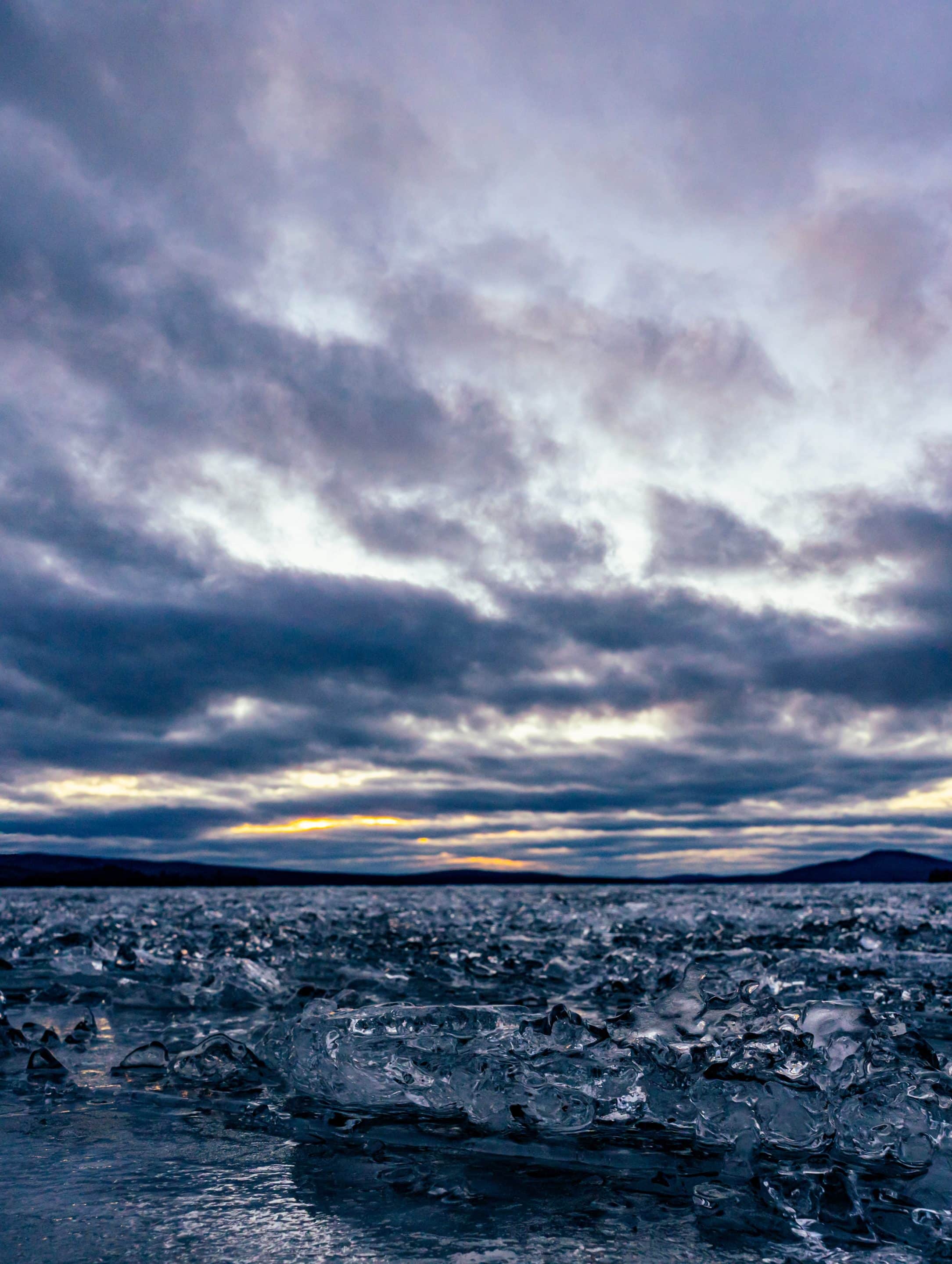In a recent article published by The Guardian titled “Canadian lake chosen to represent the start of Anthropocene,” a groundbreaking discovery has been made that holds immense significance for our understanding of the Anthropocene epoch. This article explores the connection between the Guardian’s article and environmental journalist, Christian Schwägerl’s, thought-provoking book, The Anthropocene, shedding light on the profound research shared by Schwägerl and its relevance to our current ecological challenges.
Scientists have selected a sinkhole lake in Canada as the official marker for the onset of the Anthropocene epoch. This decision comes after observing annual sediments in the lake, which reveal pronounced spikes in human-induced changes since 1950. These changes include the presence of plutonium from hydrogen bomb tests and the widespread distribution of particles resulting from fossil fuel burning. Pending approval from the scientists overseeing the geological timescale, the official declaration of the Anthropocene as a new geological epoch will be made in August 2024.
Schwägerl, an acclaimed science and environmental journalist, has devoted over two decades to researching the complex interactions between humans, nature, and technology. His book, The Anthropocene, offers readers a comprehensive overview of our planetary situation and outlook. Drawing from his experience as a national correspondent for environmental and science policy, Schwägerl provides a profound understanding of the development of this new era.
Schwägerl’s work delves into the concept of the Anthropocene, emphasizing the undeniable reality of human dominance over Earth’s biological, chemical, and geological processes. He prompts readers to contemplate our species’ global impact and the increasing responsibility we bear as planetary stewards.
The Relevance of Schwägerl’s Research to the Canadian Lake Discovery
The Guardian’s article and Schwägerl’s book share a common thread: the recognition of the Anthropocene as a real and transformative era. The selection of the Canadian lake as the official marker aligns with the ideas and research presented by Schwägerl.
Schwägerl’s extensive exploration of the Anthropocene prompts us to confront the urgent need for realistic solutions to our ecological crises. His vision encompasses a future that harmoniously balances ecological sustainability, economic prosperity, political justice, and cultural vibrancy. By understanding the magnitude of the changes taking place and recognizing our role as an ecocentric species, we can actively contribute to shaping a geologically-sustainable future.
In looking to the future of humanity and the ecologies that we are embedded within, he explains, “A lot of what’s written in [environmental] reports cannot be negotiated politically—how carbon dioxide affects global temperature is a physical fact, not something which politicians can alter. But many of the negative forecasts share one problem: they mainly look at what will happen if current trends persist.”
However, instead of falling into hopelessness, he advocates that such negative forecasts should impel us take take action, writing, “In the worst case, purely negative forecasts and scenarios can act like self- fulfilling prophecies: people expect the worst, lose hope that anything can be changed and start to behave cynically or carelessly. So, any report that says that “by the year 2050, this and that will happen,” should really say “by the year 2050, this and that will happen if current trends persist.”
Connecting the Dots: Insights from Schwägerl’s The Anthropocene
Schwägerl’s book provides invaluable insights into the challenges and opportunities presented by the Anthropocene. It encourages readers to educate themselves about the era we are entering and the implications it carries for our collective future.
By bridging the gap between scientific research and public understanding, Schwägerl inspires individuals to take action. His work reminds us of the importance of informed decision-making and the significance of balancing human activities with the well-being of the planet. As we stand at the threshold of the Anthropocene, the combination of scientific discoveries and insightful literature like Schwägerl’s book equips us with the knowledge and inspiration needed to navigate the challenges ahead. Together, we can shape a sustainable future that respects and nurtures the delicate balance between humanity and the planet we call home.

